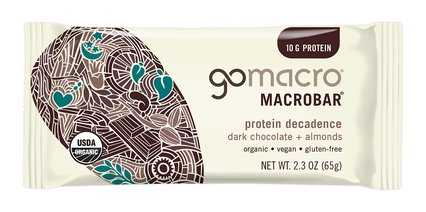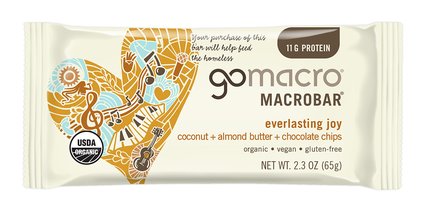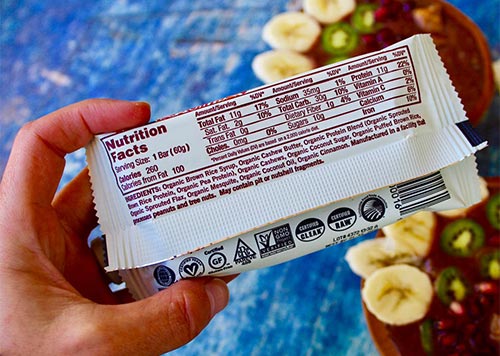Why Is Recycling So Important for the Future of Our Planet?
Recycling, as you may know, is the process of converting waste products into new materials. Recycling has many benefits – for communities, for the economy, but especially for the environment and the future of our planet’s resources. Taking care to properly recycle is one small step that we can all take to reduce our waste and contribute to a healthier planet, both now and in the future. Here are a few ways how...

Efficient recycling programs contribute to the reduction of landfill waste. This, in turn, mitigates the harmful effects of landfills on ecosystems and reduces the release of harmful substances (such as ammonia, methane, and carbon dioxide) into the soil and air. Some municipalities also use incineration as a method of waste disposal, which can release harmful pollutants into the air. Recycling is a great way to minimize the amount of waste that must be disposed of through less environmentally friendly means.
Preventing waste from ending up in landfills may be the most obvious benefit of recycling, but it’s only one of the many perks! Recycling also reduces our dependence on new materials, meaning there is less environmental and wildlife disruption due to resource-harvesting activities like mining, tree harvesting, and oil drilling. Similarly, when materials are reused, we are depleting fewer of these precious natural resources overall, playing a crucial role in mitigating climate change by reducing greenhouse gas emissions associated with the extraction and processing of raw materials.
One often-overlooked benefit of recycling is that it also requires less energy compared to producing goods from raw materials. This energy efficiency is a crucial factor in the battle against climate change and the depletion of finite energy resources. For example, making new aluminum from old products requires 95% less energy than making it from scratch – and most metals are infinitely recyclable! The process of extracting, refining, and processing raw materials is energy-intensive. By recycling, we can significantly decrease the demand for energy, leading to a more sustainable and eco-friendly approach to resource utilization.
How Does Recycling Work?
Although it may seem odd that waste can be repurposed, the process is actually quite ingenious. Recycling typically involves collecting recyclable items, sorting them based on material type, and processing them to create new materials. Collection can occur through curbside pickup, mail-in programs, or designated recycling centers, where items like paper, plastic, glass, and metal are separated. After collection, these materials undergo various processes such as shredding, melting, or breaking down, depending on the material type. Once processed, the recycled materials can be used to manufacture new products, contributing to a more sustainable and circular economy that conserves resources and reduces waste.
What Items Are Recyclable?
Understanding what items are recyclable is essential for effective recycling practices. Every city has its own set of rules regarding what can be recycled and how, so be sure to check your local waste management service’s website. Read up on any requirements around separating different types of products and preparing the packaging, and be sure to check if there are items that require drop-off rather than curbside recycling. While local recycling regulations do vary, here is a list of commonly recyclable items:
- Paper Products: Common paper items include newspapers, magazines, cardboard, office paper, cereal boxes, and paper packaging. Remove any packing tape and break down boxes before placing in the bin.
- Plastics: Look for recycling symbols on plastic containers and compare them against your local regulations. Most #1 plastics like water bottles and condiment containers, as well as many hard #2 plastics like household cleaner bottles and milk jugs are typically recyclable. Thin plastic films like plastic grocery bags are not usually curbside recyclable, but many stores collect them for recycling. Learn more about recycling symbols here.
- Glass: High-quality glass is almost endlessly recyclable without losing quality. This includes items like wine bottles, pickle jars, and glass food containers. Just be sure to remove metal or plastic lids and recycle them separately.
- Aluminum Cans: Empty beverage cans, food cans, clean aluminum foil, and completely empty aerosol cans are all common items that can be recycled. Don't forget to rinse what you can before recycling!
- Electronic Waste (E-waste): Electronics such as old computers, smartphones, printers, and batteries contain valuable materials that can be recycled. However, these items should be taken to designated e-waste recycling facilities to prevent harmful substances from entering landfills.
Many recycling centers also accept other items that are not curbside recyclable, such as appliances, tires, and Styrofoam. A little research can go a long way in avoiding unnecessary waste!
Environmental Benefits of Recycling
As discussed, recycling minimizes pollution by reducing the need for incineration and landfilling, which can pollute the air, soil, and even local water supply. By diverting materials from landfills, recycling also helps mitigate the emissions of greenhouse gases associated with decomposing organic waste. It also reduces emissions associated with processing raw materials. This all plays a vital role in combating climate change and creating a healthier atmosphere for all beings.
Good for You, Good for the Planet
Reducing waste by avoiding single-use plastics, buying only what you need, and choosing to shop secondhand are all powerful ways to reduce your environmental impact. When possible, look for ways to reuse packaging, such as repurposing jars for food storage. However, when reducing and reusing aren’t possible, recycling is an impactful choice for the planet. Choosing products that are recyclable or compostable is not only good for the planet but also for our future world.
All GoMacro® products use 100% compostable or recyclable packaging. This commitment reflects our dedication to Treading Lightly and leading the way in sustainable packaging options in our industry. Opting for recyclable and compostable products supports a circular economy, where materials can more easily be reused and given new purposes. By taking small steps to reduce, reuse, and recycle as individuals, we can collectively make a major impact on the well-being of our planet.









